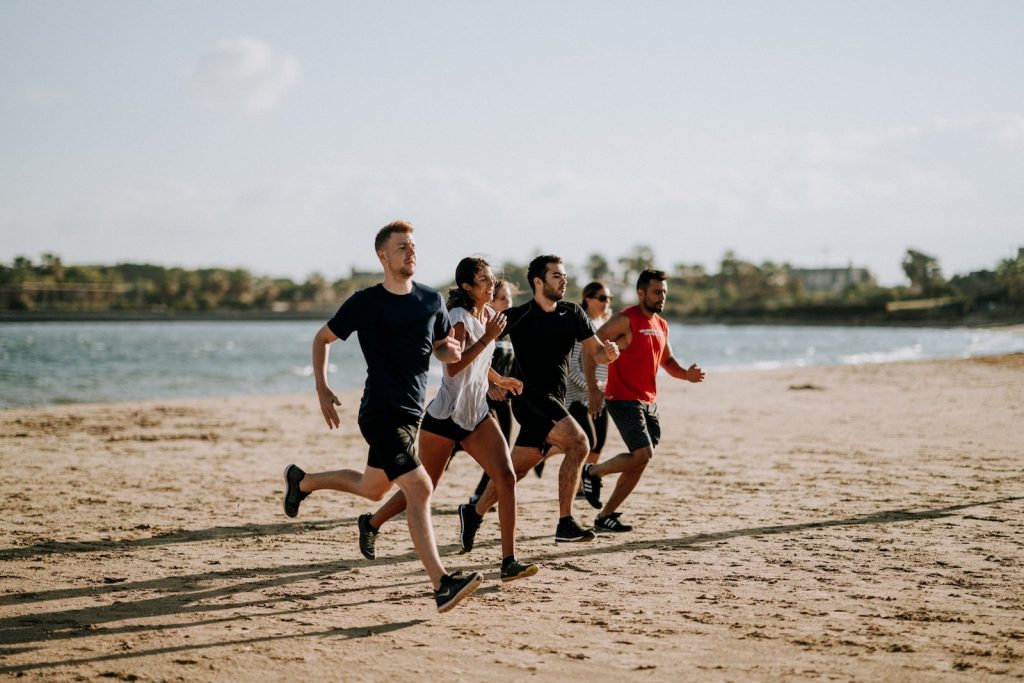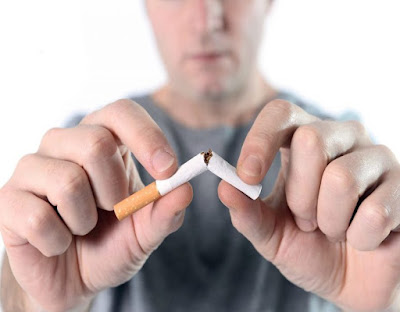The Importance Of Exercise In Addiction Recovery
Although physical movement is typically utilized as a primary means for weight loss or toning, there are a myriad of health benefits that exceed the physical results often accompanied by incorporating exercise into one’s life. In the case of recovery from a drug or alcohol addiction, the results can be even more apparent. Because addiction adversely affects the biochemistry of the brain and body, adopting an exercise regimen into one’s recovery program can increase the likelihood that one will thrive in sobriety long-term.

With its brain-boosting, emotion-stabilizing, endorphin-releasing benefits, it’s no wonder that exercise is particularly beneficial for people recovering from a substance abuse disorder. As such, integrating daily movement into one’s life can help restore the body to equilibrium and clear the mind of the “fog” often produced as one is detoxing off drugs and alcohol. With a clearer mind, the chances of long-term sobriety are much more likely.
The Benefits Of Exercise For Someone In Addiction Recovery
When mind-altering substances are detoxing out of the body, the user may be more prone to fluctuations in mood and experience physical consequences as a result of drug-abuse (e.g., depression, anxiety, tiredness). Fortunately, by incorporating movement into one’s recovery regimen, these effects can be mitigated. Here is but a short list of the benefits of incorporating physical activity into one’s recovery program:
- Stress Reduction: exercising increases serotonin, also known as the “feel good” hormone. As a result, stress-related hormones (adrenaline, cortisol, etc) are reduced. This is especially helpful when withdrawing off drugs or alcohol and depression is most typically experienced.
- Increased Energy: Seems paradoxical that expending energy can increase energy storage and productivity, but it is true. When detoxing off drugs, a common complaint is a feeling of “lethargy” produced by the body as it’s trying to come into equilibrium without drugs once again. Exercise helps combat the common tiredness experienced, especially in early sobriety.

- Clearer Mind: Exercise has a significant impact on brain function, memory, and learning. With a clearer mind, someone transitioning from addiction to sobriety can focus clearer on recovery and thus has a better chance of being successful with long-term sobriety.
- Better Sleep: Exercise is especially beneficial in early sobriety when sleep disturbances or insomnia are quite common. Because lack of sleep can cause someone to relapse on drugs, a better night’s sleep is of great benefit to a successful recovery program.
- Improved Mood: As mentioned previously, physical movement increases serotonin in the brain, increasing feelings of happiness and well-being. This is vital in the early stages of recovery when mood changes are a typical symptom experienced as the brain and body are adjusting to life without drugs or alcohol.
- Stronger Immune System: Because drugs and alcohol suppress the immune system, one of the best lines of defense to build up a stronger immune system is through physical movement.
How To Incorporate Exercise Into An Addiction Recovery Program
Recovery can be time-consuming. It requires a lot of attention, focus, and support, especially at the beginning stages of transitioning from addiction to sobriety. This can make it difficult for someone to spend long, tedious hours at the gym in order to reap the benefits that physical activity provides. Luckily, incorporating exercise into one’s life doesn’t have to be that difficult or time-consuming. Research shows that exercise doesn’t need to be intense or last a long duration of time in order to reap the benefits. In fact, just 30 minutes a day, even if broken sporadically throughout the day (e.g., pacing when talking on the phone, parking farther away from the grocery store, taking the stairs instead of an elevator) can be just as beneficial as long exercise sessions at the gym.

Furthermore, additional research has come out stating that high-intensity interval training for just 15 minutes a few times a week can provide the same benefits, if not more, than spending an hour at the gym every day. This type of movement incorporates short, intense bursts of physical activity followed by short periods of rest. Choosing what exercise protocol works best will depend on the individual. Typically, because the body is drained from abusing drugs or alcohol at the beginning stages of recovery, starting off slow with walking or yoga will be the best way to ease into working out. Additionally, choosing activities that one finds enjoyable will provide a greater chance of success and ensure that a lifestyle of physical movement is sustained over a longer period of time (e.g. playing sports, swimming, hiking in nature, or anything that one finds enjoyable).

Exercise Recovery Programs In Addiction Treatment
As seen, exercise is extremely beneficial in the recovery process of transitioning from addiction to sobriety. However, although exercise can play a vital role in ensuring long-term sobriety, it is vital to address that it alone is not the “one-step” cure to addiction. Exercise alone plays only a small part in the recovery process. Addiction is a complex disease that requires a holistic approach, such as therapy, support groups, and possibly inpatient/intensive outpatient treatment with a trained medical professional. With this being said, treating addiction through body, mind, and spirit efforts has the highest chance of success with long-term sobriety. Therefore, if seeking help through a drug or alcohol rehab center is necessary, finding one that incorporates all three of these modalities can provide the most beneficial outcome for the person struggling with a substance abuse disorder.


Use this diet hack to drop 2 lb of fat in just 8 hours
ReplyDeleteMore than 160,000 women and men are losing weight with a easy and SECRET "liquids hack" to burn 1-2 lbs every night in their sleep.
It's effective and works on anybody.
Here's how you can do it yourself:
1) Get a clear glass and fill it up with water half glass
2) And now do this crazy HACK
and you'll become 1-2 lbs skinnier in the morning!